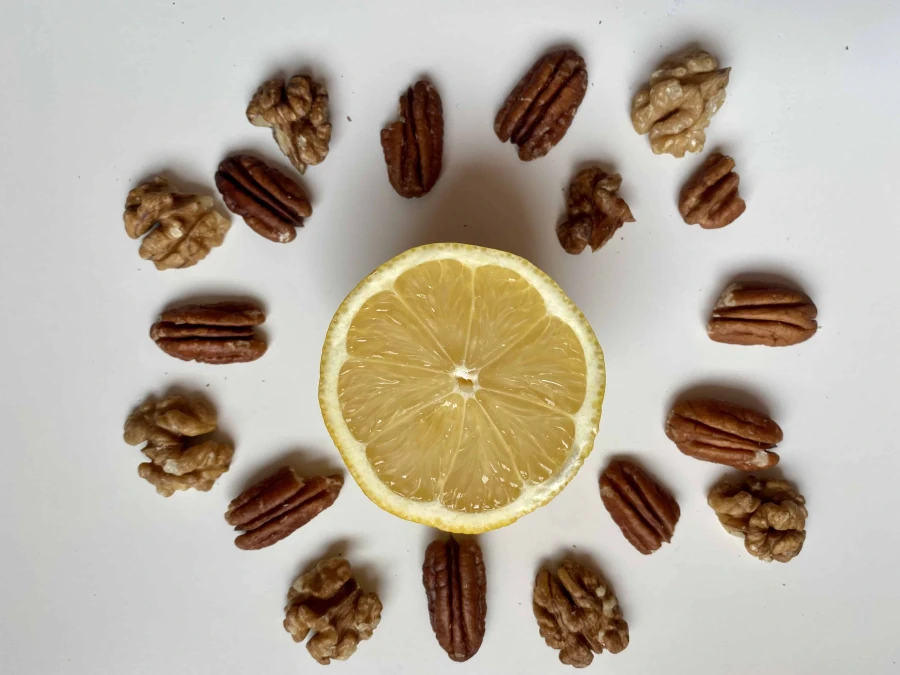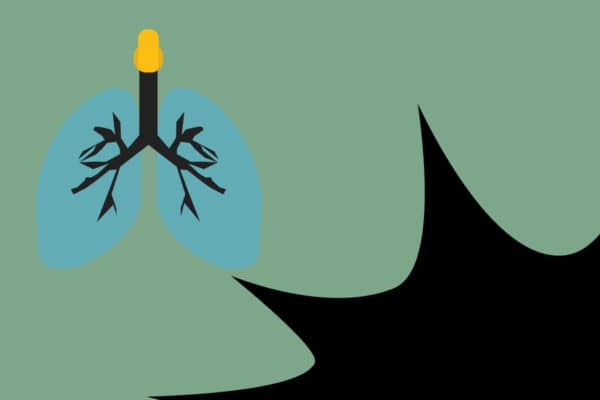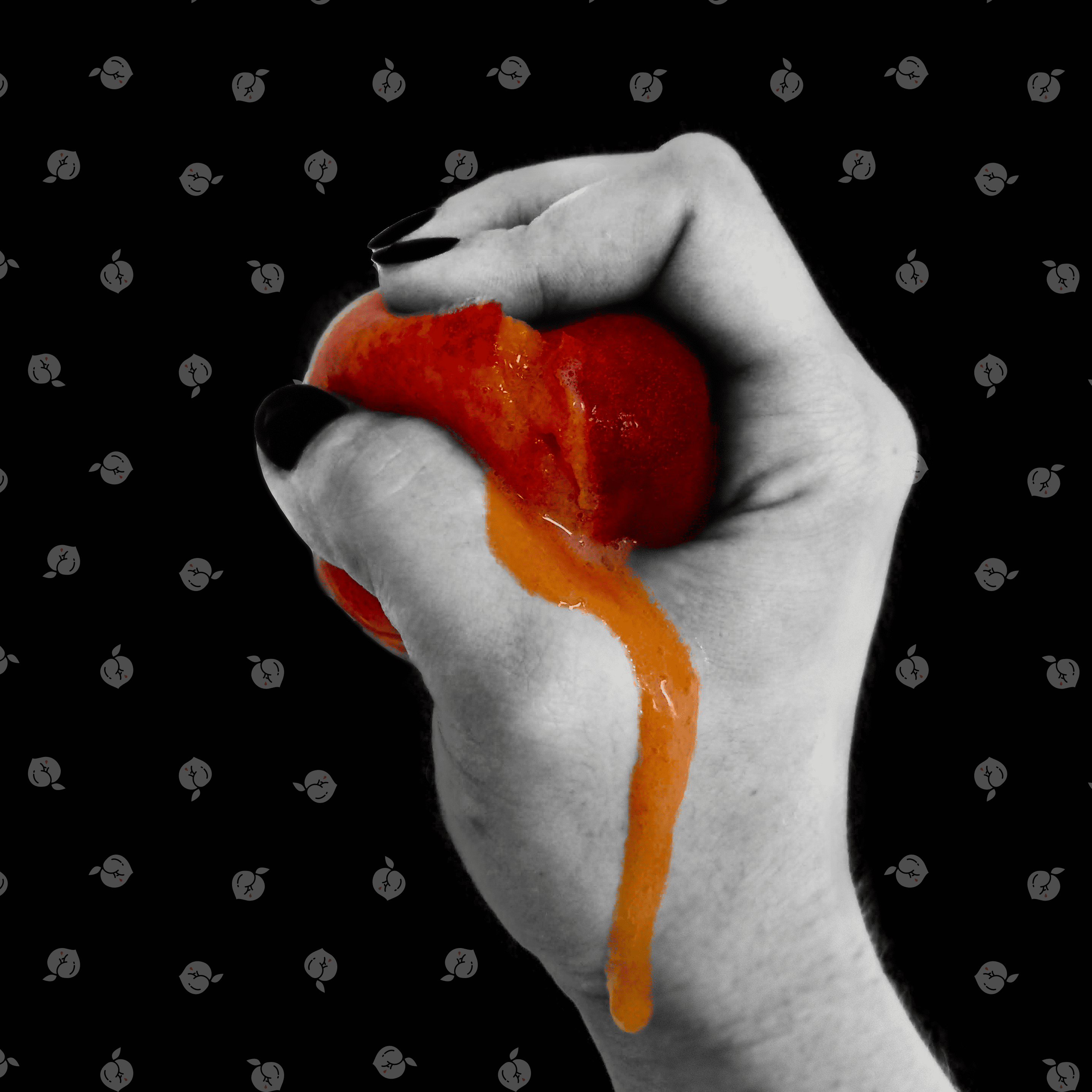What happens in our brain during an orgasm?
Have you ever wondered what happens in our brain when we experience an orgasm? Why does sex or masturbation feel so good? The ones to blame are hormones and of course, your head. In recent years, quite a bit of research has been devoted to the connection between orgasm and the brain.
Interestingly, nowadays we still know very little about the brain and how it works. I was reminded of this fact again by my neurologist. Likewise, we lack information on what happens when we experience an orgasm. If someone asked us what happens in the body when we need to run away from danger, the vast majority would answer straight away, but on the contrary, we know almost nothing about the best feeling in the world.
Scientists have undertaken the study primarily to be able to help those who have difficulty reaching an orgasm. The test was simple; all that subjects had to do was do an MRI scan. While surrounded by buzzing sounds, they had to experience an orgasm. As doctors expected, a series of changes occurred in the brain before and during orgasm.

When we are still at the beginning of the path towards the big O, when we slide with our hand behind the edge of our pants, the brain centers associated with touch start responding. After them, when we are already approaching orgasm, others, seemingly unrelated brain systems wake up:
Limbic system
It is located in the cerebrum and embraces the upper part of the brainstem. It is responsible for vegetative functions, emotional reactions, memory, and learning. It also makes sure that the body secretes one of the hormones of happiness - endorphins. The limbic system consists of several structures. Among them, the most associated with orgasm is the amygdala, which controls our emotions, including pleasure and sexual arousal; the thalamus, responsible for movement coordination, touches and evokes sexual fantasies and memories; and the hypothalamus.
Hypothalamus
This part of the brain is responsible for the feeling of thirst, hunger. Besides that, it cares for biorhythm, controls the autonomic nervous system, regulates body temperature, and is in charge of our behavior. Its most important function, however, is the connection between the nervous and hormonal systems. The cells in the hypothalamus are neurosecretory (hormone-secreting nerve cells). They secrete the hormone oxytocin (it makes us feel connected and loved) and endogenous opiates, regulating feelings of comfort. This part of the brain also wakes up gonads, which play a significant role during an orgasm.
Prefrontal cortex
The prefrontal cortex is also called the brain's thinking part because it regulates our common sense judgment and has or, more likely, tries to control our emotions. It helps us recognize emotional signals and interpret them. At the same time, it inhibits the response of the amygdala.
With the help of positron emission tomography (PET scan), the scientists found out that part of the amygdala and prefrontal cortex completely shut down during orgasm. When our head is in the clouds, we cannot feel fear or control our emotional impulses. Besides that, the prefrontal cortex is flooded with dopamine while orgasming.
Even before we reach an orgasm, more than thirty of the most important brain centers wake up, and that confirms the statement that orgasm literally floods our brain.
During this study, researchers also rejected the hypothesis that male and female orgasms are different. They have proven that the same brain centers are always activated, regardless of gender. However, something else was found in women - greater tolerance to pain during sexual stimulation and orgasm. The test was simple. Women had to masturbate while, in the meantime, the machine was squeezing their fingers. They discovered the tolerance increased by almost fifty percent and not just because the woman was distracted, but the sexual stimulation actually affected reducing the sensation of pain.
Although the studies are still far away from complete and knowledge of orgasm still has many holes, the above findings are remarkable. Orgasm lives in your touch, between your legs, and especially in your head. Although it awakens the same brain centers as using drugs, drinking alcohol, or listening to music, it is good to know what you can do just by rubbing your clit.
Sources:
- https://www.vox.com/2015/4/1/8325483/orgasms-science
- https://www.sciencealert.com/here-s-what-happens-to-your-brain-when-you-orgasm
- https://www.psihoterapija-ordinacija.si/dusevne-motnje/motnje-razpolozenja/biopsihologija-motenj-razpolozenja
- https://www.psihoterapija-ordinacija.si/dusevne-motnje/anksiozne-motnje/biopsihologija-anksioznosti

















-0 comments-